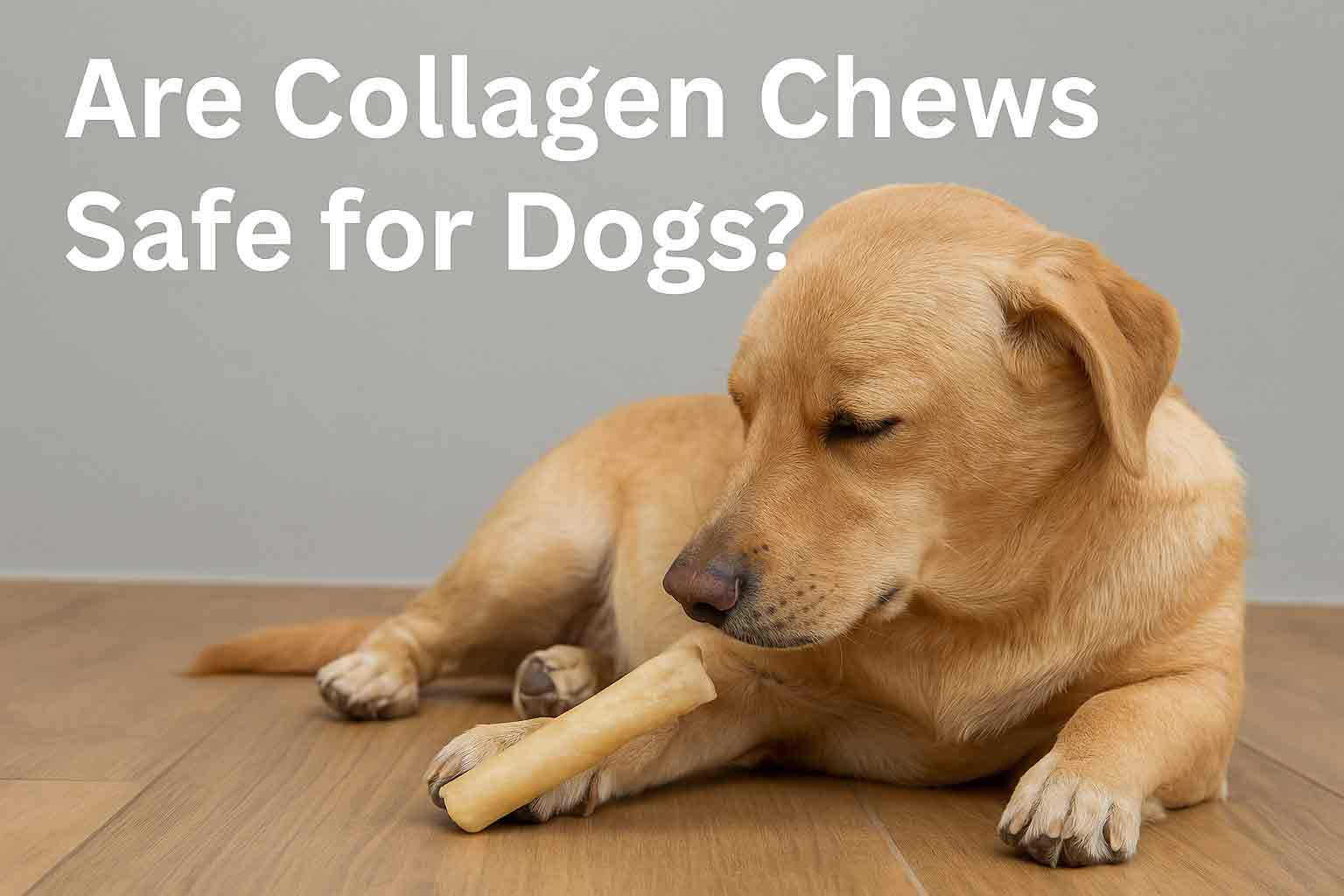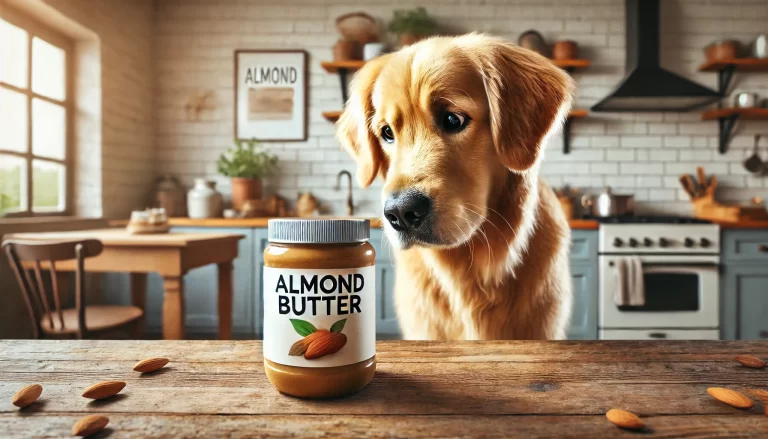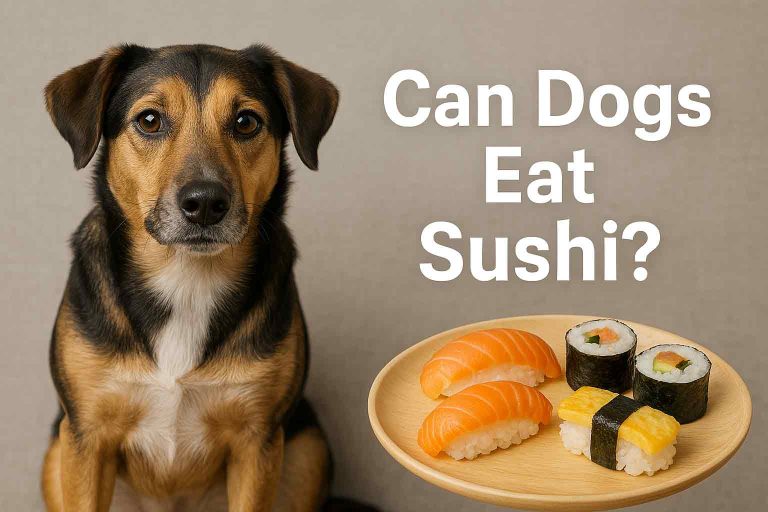Are Collagen Chews Safe for Dogs? | Benefits, Risks & Best Practices
Table of Contents
- Introduction
- What Are Collagen Chews?
- Benefits of Collagen for Dogs
- Are Collagen Chews Safe for Dogs?
- Potential Risks and Side Effects
- How to Choose the Right Collagen Chews
- Recommended Dosage and Usage
- Collagen Chews vs. Rawhide
- Conclusion
Introduction
If you’ve been searching for healthy, natural treats for your dog, you may have come across collagen chews. But are collagen chews safe for dogs? Pet owners are becoming increasingly mindful about what goes into their dog’s diet, and rightly so. In this article, we’ll explore what collagen chews are, their potential health benefits, and whether they’re a safe option for your furry companion.
What Are Collagen Chews?
Collagen chews are dog treats made from the inner layer of animal skin, typically beef. Unlike traditional rawhide, which is made from the outer layer, collagen chews retain more nutrients and are often easier to digest. These chews are rich in Type I and Type III collagen, both of which play a crucial role in supporting joints, skin, and connective tissue health.
Benefits of Collagen for Dogs
Collagen chews offer a variety of health benefits, especially for aging dogs or breeds prone to joint issues. Here’s how they help:
- Improved joint health: Collagen supports cartilage regeneration, easing arthritis symptoms.
- Better skin and coat: It promotes skin elasticity and fur shine.
- Dental health: The act of chewing helps reduce plaque and tartar buildup.
- Digestibility: High-quality collagen chews are easier to digest than rawhide.
- Protein source: Collagen provides a supplemental source of protein.
Are Collagen Chews Safe for Dogs?
Yes, collagen chews are generally safe for dogs when chosen carefully and given in appropriate amounts. However, like any treat or supplement, safety depends on the product’s quality and how your individual dog responds. It’s important to look for chews that are:
- Made from grass-fed, hormone-free beef
- Free from artificial additives, fillers, or preservatives
- Properly processed to ensure digestibility
Always supervise your dog while they chew and consult your veterinarian if your pet has any dietary sensitivities or health conditions.
Potential Risks and Side Effects
Though rare, some dogs may experience side effects from collagen chews. These include:
- Gastrointestinal upset (vomiting, diarrhea)
- Choking hazard if the chew is too small
- Allergic reactions in sensitive dogs
- Caloric overload if fed too frequently
Introduce collagen chews slowly into your dog’s routine and monitor their response carefully. If any adverse symptoms occur, discontinue use and contact your vet.
How to Choose the Right Collagen Chews
With so many products on the market, here’s what to look for when buying collagen chews for dogs:
- Size-appropriate: Choose a chew that matches your dog’s size and chewing habits.
- Single-ingredient: Simpler is better — avoid heavily processed treats.
- Transparent sourcing: Look for brands that disclose ingredient origin and processing methods.
- Veterinarian-recommended: Products with endorsements from vets offer added peace of mind.
Recommended Dosage and Usage
Collagen chews should be given in moderation and as part of a balanced diet. Here are some general guidelines:
- Small dogs: 1 small chew, 2–3 times per week
- Medium dogs: 1 medium chew every other day
- Large dogs: 1 large chew daily or every other day
Adjust according to your dog’s caloric needs and activity level. Always provide fresh water and supervise chewing sessions.
Collagen Chews vs. Rawhide
Many pet owners wonder about the difference between collagen chews and traditional rawhide. Here’s a quick comparison:
| Feature | Collagen Chews | Rawhide |
|---|---|---|
| Digestibility | High | Low |
| Nutritional Value | Rich in collagen & protein | Minimal |
| Risk of Choking | Lower (when sized correctly) | Higher |
| Additives | Often natural | Often contains chemicals |
Conclusion
So, are collagen chews safe for dogs? When chosen and used correctly, yes — they can be a beneficial addition to your dog’s diet, supporting joint, dental, and skin health. As with any treat, moderation is key. Focus on quality, consult your vet, and pay attention to your dog’s individual needs and reactions.
Looking for more dog health and nutrition tips? Explore our blog for expert guidance on everything from diet to dental care!







